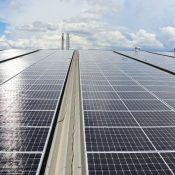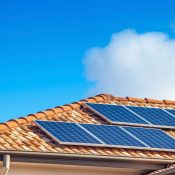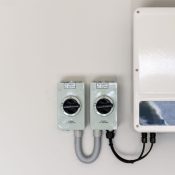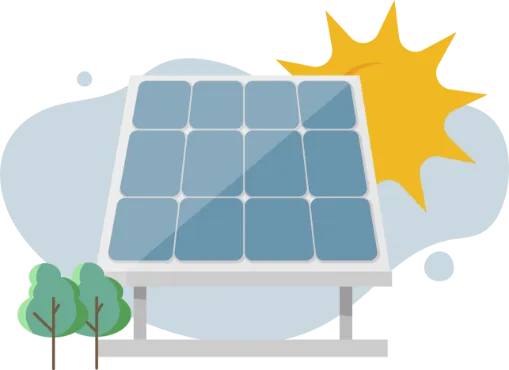Pros and Cons of Solar Energy
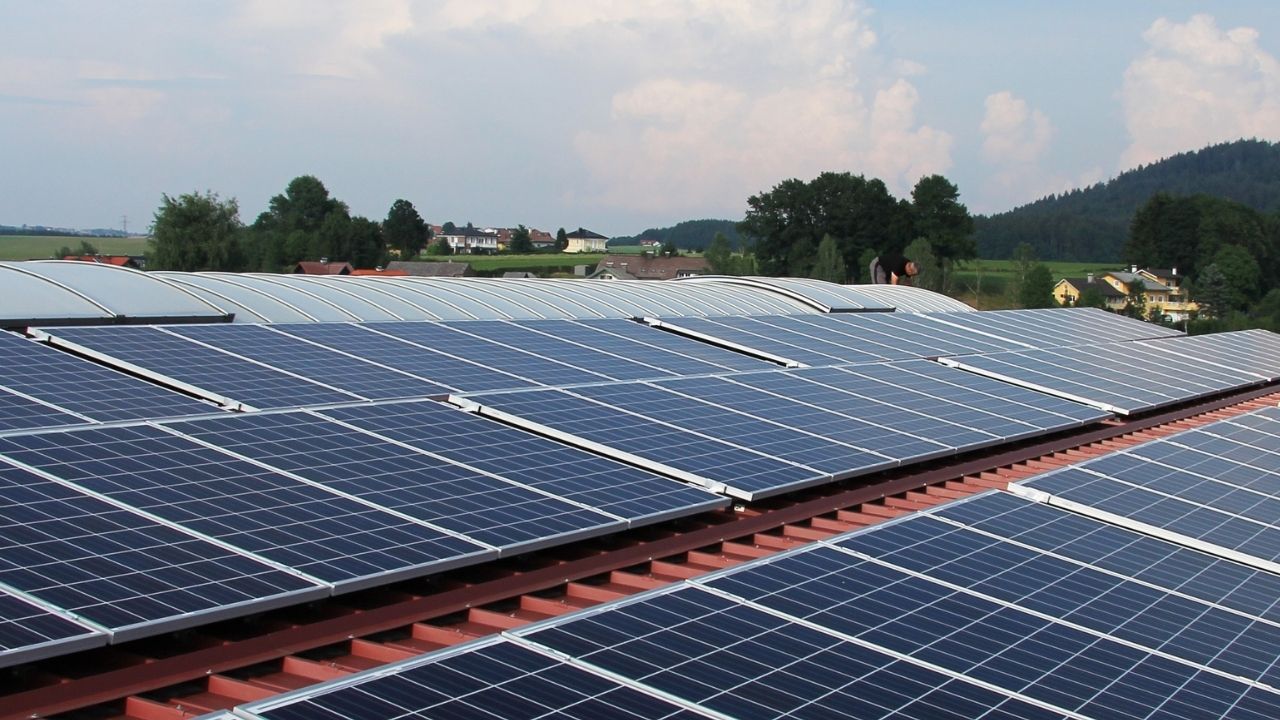
Looking into the benefits and drawbacks of solar energy? As the world suffers climate change, solar energy is becoming a sustainable solution to help reduce our carbon footprint. Not only does solar power offer a green alternative to fossil fuels, but it’s also becoming more affordable.
Today, homeowners and businesses both are finding solar energy an increasingly attractive option due to lower costs and improved efficiency.
In this blog, we will help you to explore advantages & challenges of solar energy to decide if it’s right sustainable solution for your home or business & learn its drawbacks.
So, let’s start exploring the pros and cons of solar energy!
What Are the Advantages of Solar Energy?
These advantages make solar energy a compelling choice for those looking to reduce costs, minimise environmental impact, and increase their property value.
Cost savings and energy independence
One of the most appealing advantages of solar energy is the significant reduction in electricity bills it offers. By generating your own power, you become less reliant on the grid and more self-sufficient.
Over time, the savings from solar energy can add up, often covering the initial cost of the solar panel installation and continuing to save you money for decades.
This financial benefit is a major reason why many choose to go solar.
Environmental impact
Solar energy is one of the cleanest sources of power available. It produces little to no greenhouse gases, which means it has a minimal impact on the environment compared to traditional fossil fuels.
By choosing solar, homeowners and businesses can reduce their carbon footprint significantly, contributing to a healthier planet. Solar panels also use less water than conventional power generation methods, preserving this precious resource.
Increases home value
Installing solar panels can also increase the value of your home. Studies have shown that homes with solar panels sell for more than homes without them.
This is because new homeowners can benefit from the installed solar system’s cost savings immediately upon purchase, making these homes more attractive on the market.
Technological advancements
The solar power industry is a leader in technological innovation. With continuous improvements in solar panel efficiency and battery storage technology, systems are becoming more effective and versatile than ever before.
Advances such as photovoltaic (PV) technology, which converts sunlight directly into electricity, are increasing the efficiency and applications of solar installations.
These technological advancements make solar energy a more attractive and practical choice for a wide range of applications, from residential to commercial and even space exploration.
Incentives and rebates
Many governments offer financial incentives, such as tax credits, rebates, and grants, to encourage solar panel installations.
These incentives significantly lower the initial costs and improve the return on investment for solar systems, making solar energy more accessible and affordable for a wider range of people.
Versatility and scalability
Solar panels can be installed in a variety of locations and configurations, from small-scale residential setups to large solar farms.
They can also be used in remote locations that are not connected to the grid, providing power in areas where it would be too expensive or impractical to run power lines.
But while the benefits are significant, there are also considerations to keep in mind, which we will explore in the next section on the disadvantages of solar energy.
What Are the Disadvantages of Solar Energy?
These drawbacks don’t necessarily overcome the benefits of solar energy, but they are important factors to consider when deciding whether solar is right for you.
High upfront costs
While solar energy can save money in the long run, the initial costs can be quite steep.
Installing solar panels involves not just the cost of the panels themselves but also inverter systems, batteries, and installation labour.
For many homeowners, this large upfront investment can be a barrier, despite the availability of various financing options and government incentives.
Dependency on weather
Solar energy’s efficiency heavily depends on sunlight availability, making it less reliable in areas with frequent cloudy or rainy weather.
During the night and on overcast days, solar panels’ energy output significantly drops, which can be a limitation for those needing a consistent energy supply.
Space requirements
To generate a significant amount of energy, solar installations require a considerable amount of space.
For residential properties, this might mean using up most or all of the available roof space. In areas where space is at a premium, installing enough solar panels to meet all energy needs might not be feasible.
Conclusion
Solar energy presents a compelling case for both individuals and communities seeking sustainable and cost-effective energy solutions.
While it offers significant benefits like reducing carbon emissions and utility bills, it also comes with challenges such as high initial costs and dependency on weather conditions. Ultimately, whether solar energy is right for you depends on various personal and environmental factors.
Considering switching to solar? Contact Going Solar today to discuss your options and find out how you can benefit from transitioning to renewable energy. Our experts are here to help you make an informed decision tailored to your needs.
Planning a switch to solar energy?
Contact Going Solar now and Get Free Advice & Quote Within Minutes!
Frequently Asked Questions
Contact Going Solar Now!
Joe Brennan
Founder @ Going Solar
Joe Brennan, the founder of Going Solar, is dedicated to making solar power mainstream in Ireland and meet SEAI objectives. With a focus on affordability and sustainability, he is bringing renewable energy solutions to homes, reducing costs & environmental impact.
Recent Posts

